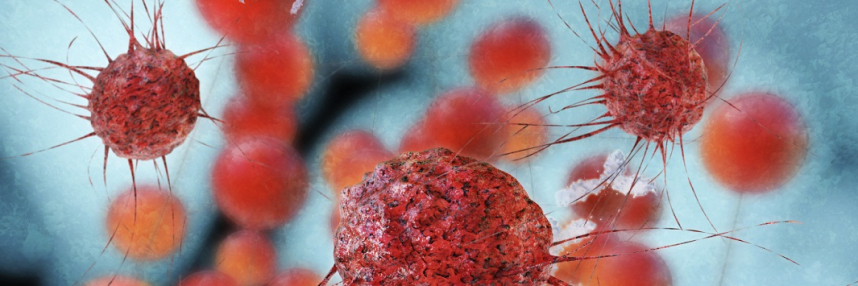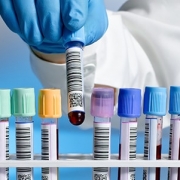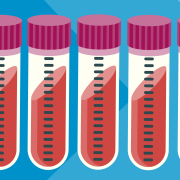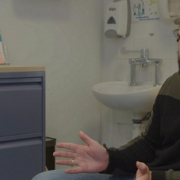New liquid biopsy can detect eight common cancers
Blood test could ‘change the way we screen for cancer’, though more research is needed to ensure its efficacy in a real-world screening context
The development of a single blood test that can detect eight common cancers has been reported.
The research, published on 18 January in Science, took a different approach to existing ‘liquid biopsies’. Previous tests screened blood for circulating tumour DNA (ctDNA: fragments of tumour DNA in the bloodstream) and had shown promise in assisting clinicians to detect early when cancer has returned in a patient apparently in remission.
The new test – dubbed CancerSEEK – detects cancerous proteins as well as ctDNA. By screening for eight aberrant proteins and 16 ctDNA mutations, the new test can identify ovarian, liver, stomach, pancreatic, oesophageal, colorectal, lung and breast cancers.
“The use of a combination of selected biomarkers for early detection has the potential to change the way we screen for cancer,” said Dr Nickolas Papadopoulos, at Johns Hopkins University School of Medicine in Baltimore, Maryland, who led the study.
Research outcomes
The test was given to around 1,000 patients with non-metastatic cancers. CancerSEEK correctly diagnosed 70% of the cases. However, the performance of the test varied significantly with the type of tumour: it detected 98% of ovarian cancers, but only 33% of breast cancers.
The test was also more accurate in later-stage cancers, finding 78% of stage III disease, versus 43% of stage I tumours – unsurprising, as small tumours generally release less ctDNA than large ones.
Healthy individuals were also tested, and the rate of false positives was below 1%. This is an important factor in tests designed for large-scale use, as false positives can cause unnecessary distress and wasted resources.
Applications in healthcare
This type of test could eventually be administered by GPs as part of routine screening. The researchers estimate that the cost could be comparable with a colonoscopy.
In its current form, the test will not detect every cancer. However, it still has the possibility to identify many cancers that would likely otherwise go undiagnosed. Of the eight types of cancer screened for, five have no current screening for early detection. Among those is pancreatic cancer, which has so few symptoms that it is almost always detected late. As a result, only one-in-five patients survive a year after diagnosis.
More study needed
The research has been welcomed, although with caution. Professor Richard Marais, from Cancer Research UK, said: “Detecting cancer early before the disease has spread is one of the most powerful ways to improve cancer survival, and this interesting research is a step towards being able to do this earlier than is currently possible.”
However, he warned that it would take at least five years to prove that it worked as an early diagnosis for cancer.
“This looks promising but with several caveats, and a significant amount of further research is needed before we can even contemplate how this might play out in screening settings,” Dr Mangesh Thorat, deputy director of the Barts Clinical Trials Unit, Queen Mary University of London, told the BBC.
“This is only a case-control study, and therefore needs further evaluation in large cohorts more representative of general population where such screening might be introduced.”
–









